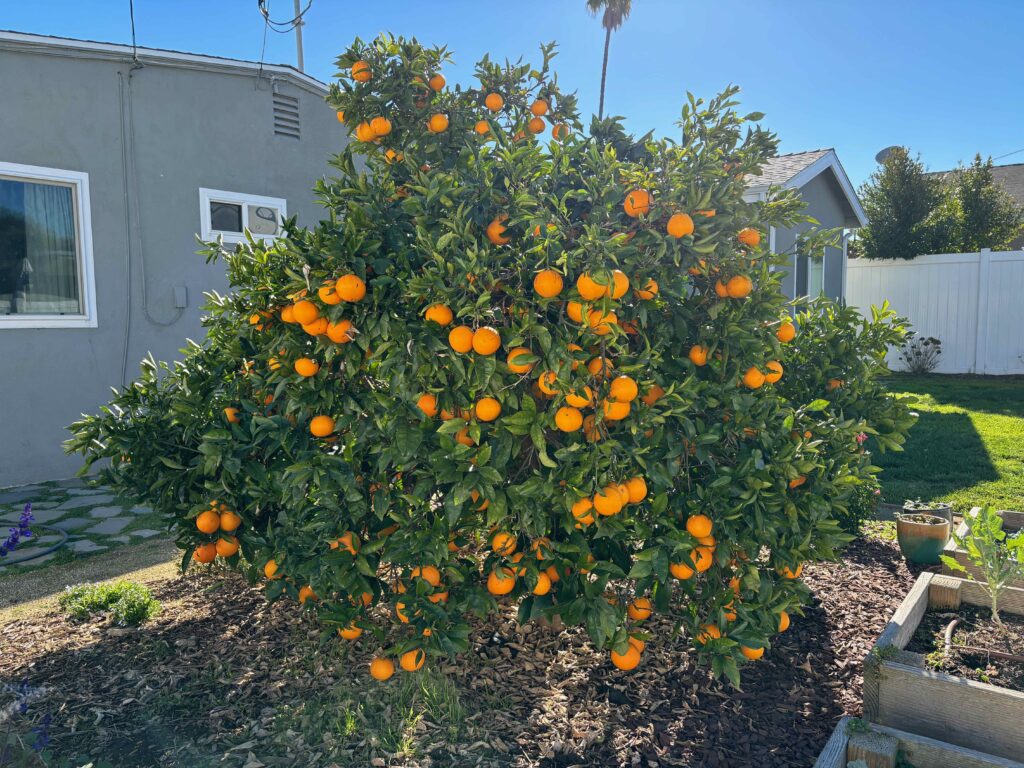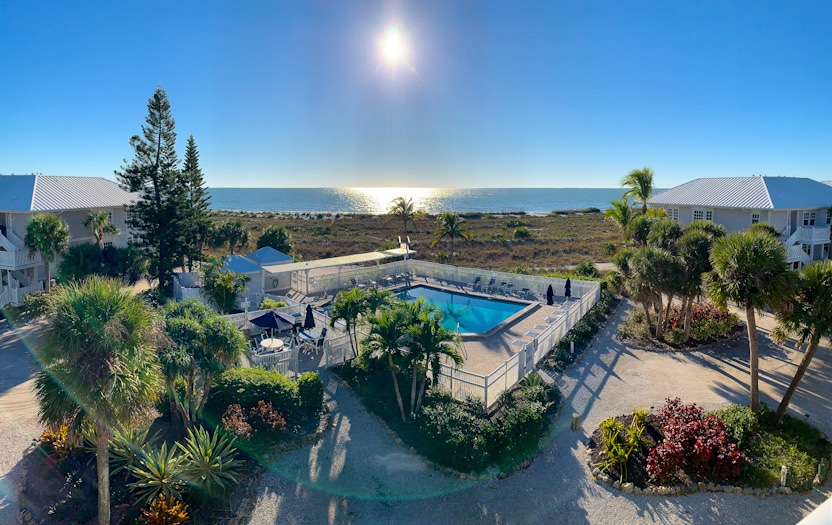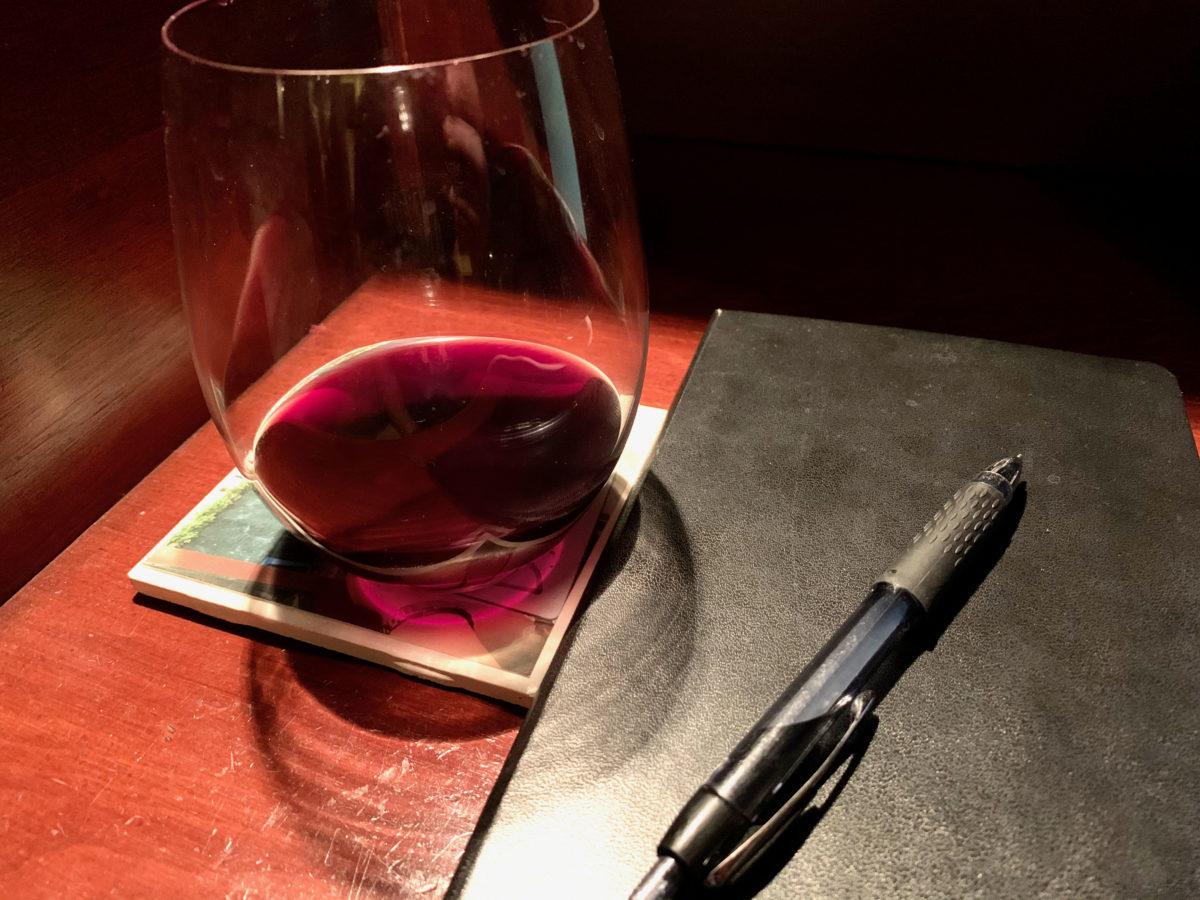I love it when a plan comes together.
Hannibal Smith, The A-Team
The older I get, the more I enjoy the process of setting goals for the new year. Perhaps I am simply grateful to have been given another year. Maybe I increasingly feel the weight of an ending. Whatever the cause, I am no longer ashamed to say that I enjoy New Year’s planning! (previously: 2023, 2022, 2021). And it has proven successful. While I don’t accomplish everything, I do make notable progress. This past year, for example, I wrote more frequently, I did a better job planning my weekends, and I learned new skills at work.
Once again following in the style of CPG Grey [YouTube], my theme for 2024 is “creativity.” In 2023, I came to the realization: I am stuck, especially at work but also to some extent at home. This feeling of immobility only dissipates when I am engaged in deep creative work: writing, photography, planning, etc. So this year I want to be attuned to opportunities that allow me to exercise my creative faculties.
Photography
Years ago, I bought myself a decent EOS Rebel camera and zoom lens. I’ve used it on and off since that time, mostly for photographing work events, but rarely for personal ends. This year, I want to change that and spend some quality time learning (and practicing) how to take better photos, mostly with the DSLR but also with my mobile device. I know many of the basics of the camera’s mechanics and creating a good composition, so I’m starting from a good place. Photography is an art form that I feel, with enough practice and critical reflection, I could get fairly proficient at.
Artist’s dates
Last year, I worked through The Artist’s Way by Julia Cameron. While I have mixed feelings about whether I would recommend the book, one aspect that I did enjoy was the idea of the “artist date.” Essentially, each week you set aside time to “treat your inner artist”. This could be as complicated as going to a museum or as simple as listening to recordings of ocean waves. I wasn’t successful at doing this every week, but I never regretted the experience when I did. So this year, I plan to make “scheduling my artist date” part of my weekly planning process.
Shakespeare
At some point in the past few months, I got it into my head that I wanted to read all of Shakespeare’s plays. It must have been inspired in some part by my daughter’s tiny role as a Windsor child in Merry Wives this past summer. Even after sitting through no fewer than seven full run throughs of the show, I still found new sparks of joy hearing Shakespeare’s words. So my plan is to not only read all his plays, but also to watch at least one, but preferably two, performances. I may try to throw in some critical and derivative works in there, too, as time permits.
POSSE-style this website (including more writing)
In the process of moving to Mastodon, I learned about the Indie Web community and POSSE. I’ve been exploring the websites of users in that community and it has inspired me to flesh out my website considerably. In addition to publishing on my own site and syndicating elsewhere, I plan to add new pages for current projects, things I find interesting, and other evolving projects.
What I’m reading
The internet is about to get weird again by Anil Dash
“There should be lots of different, human-scale alternative experiences on the internet that offer up home-cooked, locally-grown, ethically-sourced, code-to-table alternatives to the factory-farmed junk food of the internet.”
Dash’s post contains a number of fascinating examples of the “weird” (read: unique) that I could easily lose myself in for hours.
Top 14 Social Media Trends (2024 & 2025) by Alison Zeller
“Social media usage is expected to remain on an upward trajectory over the next 2-3 years. New features, such as AI and AR, are ensuring that users stay glued to top social media platforms for longer periods of time each day. Brands are taking advantage by increasing their budgets for content creation, influencers, and ads.”
I am skeptical that social media usage will continue to rise, but there is data to support that conclusion. My skepticism comes from what I’ve observed among Gen Z as a more lassie-faire approach to social media: it’s fine, but it’s not essential in the same way that previous generations have (and continue) to approached it.
January 1, 2024 is Public Domain Day by Jennifer Jenkins
“For the vast majority—probably 99%—of works from 1928, no copyright holder financially benefited from continued copyright. Yet they remained off limits, for no good reason.”
Mickey, Disney, and the Public Domain: a 95-year Love Triangle by Jennifer Jenkins
“Disney is both an emblem of term extension and its erosion of the public domain, and one of the strongest use-cases in favor of the maintenance of a rich public domain.”
How to Lose a Library by Carolyn Dever
“Librarians are by profession information wizards, belying any analog-digital binary by instrumentalizing information as useful and as necessary. The job is to connect users and materials, to create that alchemy that blends the stuff and matter of life with the ephemera of knowledge.”
Garden update

One of the many things I love about gardening in Los Angeles is that I get oranges during the winter months. My Washington navel was so overburdened with fruit this season that one of its lower branches snapped off under the weight a few weeks ago. Normally, these trees need very little pruning, except for diseased branches and those hanging too close to the ground.
Links to the past
- 1 year ago: The parable of the peach tree
- 5 years ago: This was the first and probably the last time I made pickled red cabbage
- 10 years ago: Keep the internet weird
Overheard online
My wish for 2024 is that every story that starts with “A new study from the [name of institution] found that” includes the name(s) of the author, the study’s title, and a link to the actual study.
@BuffaloResearch on Mastodon





